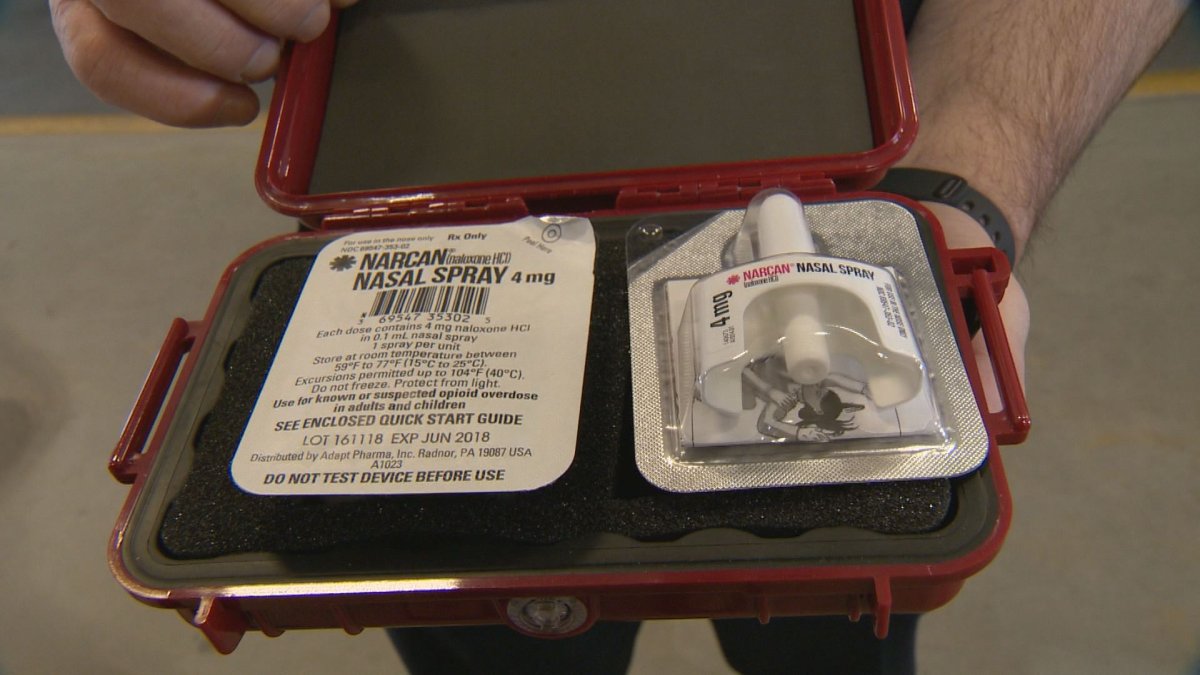The union representing provincial police officers in Ontario is calling on the Special Investigations Unit to end the practice of launching an investigation when an officer unsuccessfully administers naloxone to an overdose victim.

Officers end up being the subject of an SIU investigation for doing what any first responder would do — “trying to save a life,” Ontario Provincial Police Association president Rob Jamieson said Wednesday in a release.
Jamieson said he’d like to see the police watchdog agency use a practice similar to that in British Columbia, where the Independent Investigations Office exempts officers whose life-saving measures are unsuccessful.
Jamieson, who heads an association representing nearly 10,000 uniform and civilian OPP members, called the practice in B.C. “a common sense approach.”
“Oversight of police is important and our members have always supported reasonable, fair and effective oversight,” he said. “What we are seeing in these cases is a process that is none of these things and that needs to change.”
SIU spokeswoman Monica Hudon said the arm’s-length agency is mandated under legislation to investigate incidents involving police where there has been a serious injury or death.

Get breaking National news
“This included instances where naloxone or other life-saving measures were administered,” Hudon said in email.
To bring about the change the association is asking for “legislation would have to change,” she said.
Jamieson said when officers use naloxone — which can reverse opioid overdoses — and the victim does not survive, they know that a “long and stressful” investigation by the SIU will follow.
Despite these investigations, he said OPP officers will continue to administer naloxone when they encounter someone in need.
“Our members are highly trained and will continue to act professionally in these situations, as they always do, and administer naloxone,” Jamieson said.
But he said there is a high level of concern among officers that they will “end up being the subject of an SIU investigation for simply doing their job and trying to save a life.”
“Putting an officer through a traumatic situation, then asking them to relive that very trauma through the SIU investigation could be detrimental to their mental health,” Jamieson said.
Hudon said in cases where naloxone was administered and the SIU invoked its mandate, “those investigations were closed very quickly, within weeks.”
“In other cases, the SIU decided, based on the information at hand, to not open a case,”she said.







Comments